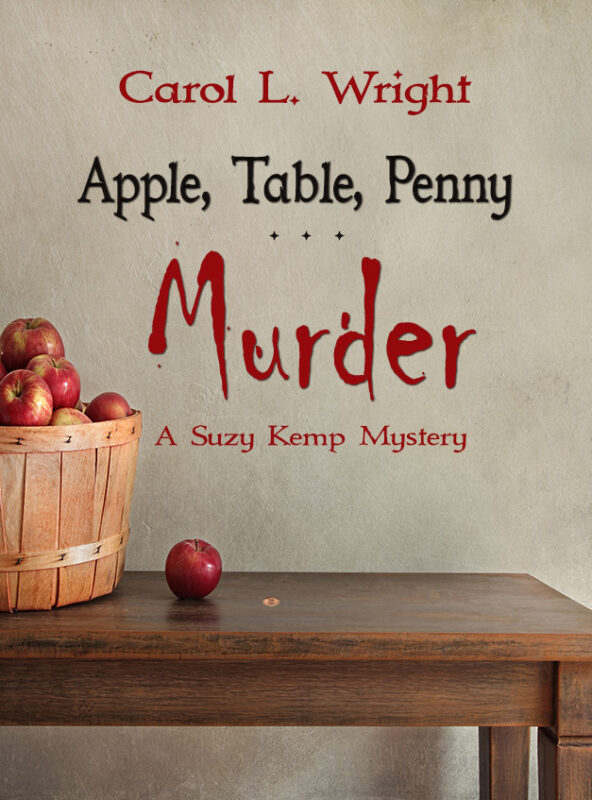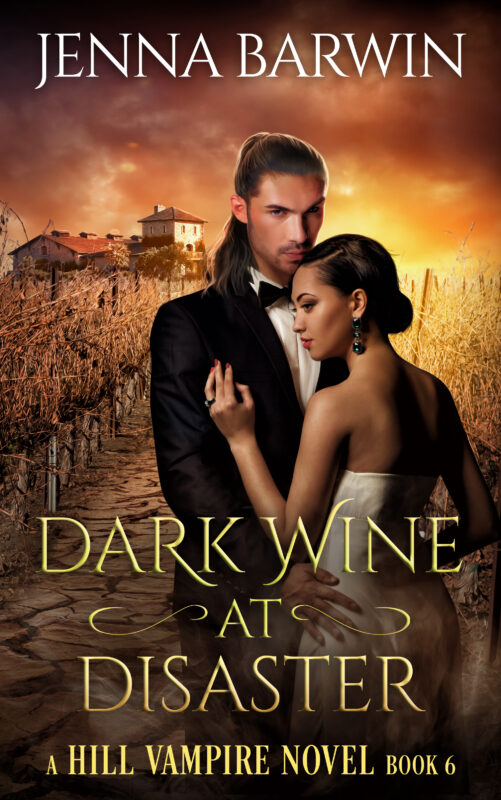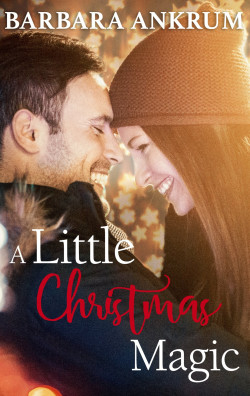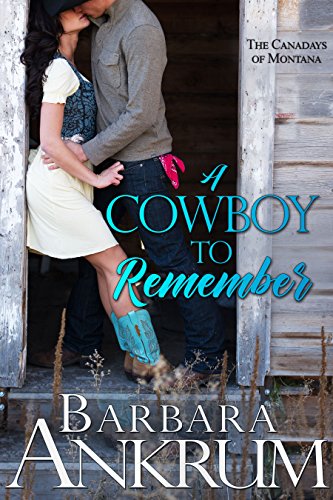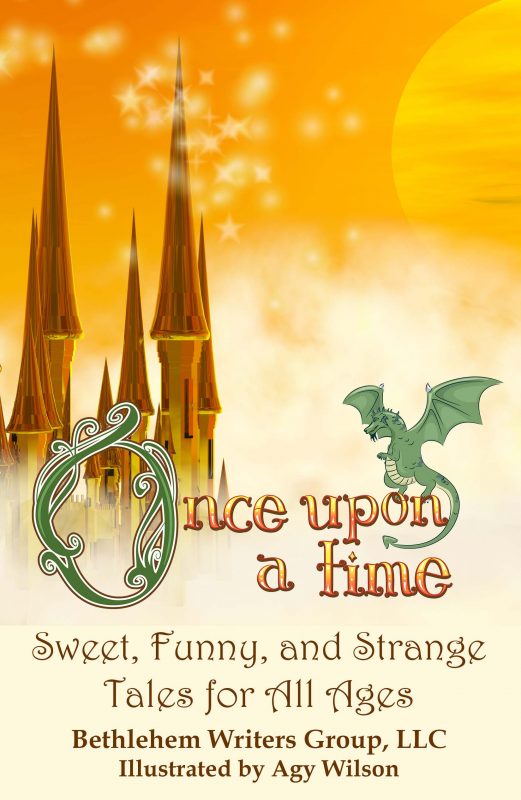e-maginings: What Is Erotic Romance?
August 16, 2009 by A Slice of Orange in category Archives tagged as definition, e-maginings, erotic romance, Lyndi Lamont
There seems to be a lot of different opinions about what constitutes erotic romance, so I thought I’d explore some definitions today. It’s a little more complicated than you might think.
Some believe erotic romance is all sex with no plot, so is it the literary equivalent of a porno flick? In order to answer that, we have to distinguish between erotica and porn. I discovered that the word pornography literally means “writing about prostitutes”, and in the 19th century, it was used for factual reports about prostitution. Erotica, on the other hand, comes from Eros, the Greek god of love. So a literal definition might be that pornography is solely about the lusts of the body, while erotica is about the longings of the heart as well. In practical terms, the definition is always somewhat subjective.
Erotica is a sex story; that means it has a plot with a beginning, a middle and an end. Pornography may or may not have a plot. In fact, I was reading recently that some porn stars are lamenting the fact that they don’t even get dialogue any more!
Generally speaking, erotica differs from erotic romance in that it’s the story of a character’s sexual journey rather than the story of a developing relationship. In erotica the main character may have more than one partner and a happily-ever-after twosome is not guaranteed. However, a HEA threesome is a definite possibility!
Like other romances, erotic romance is a love story and you better believe that your readers will expect that HEA. I got dinged by a reviewer for not providing one for my Revolutionary Way spy story, Seducing The Enemy. While the characters did develop a relationship, they were unable to be together in the end, so technically it was erotica, not erotic romance.
 In Passionate Ink: A Guide to Writing Erotic Romance, Loose Id, LLC, 2007, regarding the difference between sensual and erotic romance, Angela Knight points out, correctly IMO, that what drives sensual romances “isn’t sex, but not having sexâ€. In order to maintain sexual tension between hero and heroine, the writer devises external and internal reasons why going to bed with each other is a bad idea. The actual act of making love often signals a significant drop in sexual tension and the writer then has to find a way to make the conflict kick in again.
In Passionate Ink: A Guide to Writing Erotic Romance, Loose Id, LLC, 2007, regarding the difference between sensual and erotic romance, Angela Knight points out, correctly IMO, that what drives sensual romances “isn’t sex, but not having sexâ€. In order to maintain sexual tension between hero and heroine, the writer devises external and internal reasons why going to bed with each other is a bad idea. The actual act of making love often signals a significant drop in sexual tension and the writer then has to find a way to make the conflict kick in again.
So what drives erotic romance?
Obviously, there still have to be reasons why the happily-ever-after ending isn’t guaranteed, despite the fact that they’re having sex at any and every opportunity. Knight refers to this as “romantic tensionâ€. Again, this means strong conflict, especially if you’re writing a full-length novel. I think I prefer to call if “dramatic tension”.
For a little more background, check out this article at my Lyndi Lamont website. And if you’re at all interested in writing erotic romance, I do recommend Knight’s book.
How would you define erotic romance?
Linda / Lyndi
2 0 Read moreAffiliate Links
A Slice of Orange is an affiliate with some of the booksellers listed on this website, including Barnes & Nobel, Books A Million, iBooks, Kobo, and Smashwords. This means A Slice of Orange may earn a small advertising fee from sales made through the links used on this website. There are reminders of these affiliate links on the pages for individual books.
Search A Slice of Orange
Find a Column
Archives
Featured Books
APPLE, TABLE, PENNY . . . MURDER
How can you explain a disappearance when everyone denies it happened?
More info →A LITTLE CHRISTMAS MAGIC
Christmas in Marietta, with all the trimmings, may be just the ticket.
More info →A COWBOY TO REMEMBER
Can Jake convince Olivia to risk it all one more time . . .
More info →ONCE UPON A TIME: Sweet, Funny, and Strange Tales for All Ages
Step through our castle doors into a world of imagination!
More info →Newsletter
Contributing Authors
Search A Slice of Orange
Find a Column
Archives
Authors in the Bookstore
- A. E. Decker
- A. J. Scudiere
- A.J. Sidransky
- Abby Collette
- Alanna Lucus
- Albert Marrin
- Alice Duncan
- Alina K. Field
- Alison Green Myers
- Andi Lawrencovna
- Andrew C Raiford
- Angela Pryce
- Aviva Vaughn
- Barbara Ankrum
- Bethlehem Writers Group, LLC
- Carol L. Wright
- Celeste Barclay
- Christina Alexandra
- Christopher D. Ochs
- Claire Davon
- Claire Naden
- Courtnee Turner Hoyle
- Courtney Annicchiarico
- D. Lieber
- Daniel V. Meier Jr.
- Debra Dixon
- Debra H. Goldstein
- Debra Holland
- Dee Ann Palmer
- Denise M. Colby
- Diane Benefiel
- Diane Sismour
- Dianna Sinovic
- DT Krippene
- E.B. Dawson
- Emilie Dallaire
- Emily Brightwell
- Emily PW Murphy
- Fae Rowen
- Faith L. Justice
- Frances Amati
- Geralyn Corcillo
- Glynnis Campbell
- Greg Jolley
- H. O. Charles
- Jaclyn Roché
- Jacqueline Diamond
- Janet Lynn and Will Zeilinger
- Jaya Mehta
- Jeff Baird
- Jenna Barwin
- Jenne Kern
- Jennifer D. Bokal
- Jennifer Lyon
- Jerome W. McFadden
- Jill Piscitello
- Jina Bacarr
- Jo A. Hiestand
- Jodi Bogert
- Jolina Petersheim
- Jonathan Maberry
- Joy Allyson
- Judy Duarte
- Justin Murphy
- Justine Davis
- Kat Martin
- Kidd Wadsworth
- Kitty Bucholtz
- Kristy Tate
- Larry Deibert
- Larry Hamilton
- Laura Drake
- Laurie Stevens
- Leslie Knowles
- Li-Ying Lundquist
- Linda Carroll-Bradd
- Linda Lappin
- Linda McLaughlin
- Linda O. Johnston
- Lisa Preston
- Lolo Paige
- Loran Holt
- Lynette M. Burrows
- Lyssa Kay Adams
- Madeline Ash
- Margarita Engle
- Marguerite Quantaine
- Marianne H. Donley
- Mary Castillo
- Maureen Klovers
- Megan Haskell
- Melanie Waterbury
- Melisa Rivero
- Melissa Chambers
- Melodie Winawer
- Meriam Wilhelm
- Mikel J. Wilson
- Mindy Neff
- Monica McCabe
- Nancy Brashear
- Neetu Malik
- Nikki Prince
- Once Upon Anthologies
- Paula Gail Benson
- Penny Reid
- Peter Barbour
- Priscilla Oliveras
- R. H. Kohno
- Rachel Hailey
- Ralph Hieb
- Ramcy Diek
- Ransom Stephens
- Rebecca Forster
- Renae Wrich
- Roxy Matthews
- Ryder Hunte Clancy
- Sally Paradysz
- Sheila Colón-Bagley
- Simone de Muñoz
- Sophie Barnes
- Susan Kaye Quinn
- Susan Lynn Meyer
- Susan Squires
- T. D. Fox
- Tara C. Allred
- Tara Lain
- Tari Lynn Jewett
- Terri Osburn
- Tracy Reed
- Vera Jane Cook
- Vicki Crum
- Writing Something Romantic
Affiliate Links
A Slice of Orange is an affiliate with some of the booksellers listed on this website, including Barnes & Nobel, Books A Million, iBooks, Kobo, and Smashwords. This means A Slice of Orange may earn a small advertising fee from sales made through the links used on this website. There are reminders of these affiliate links on the pages for individual books.

